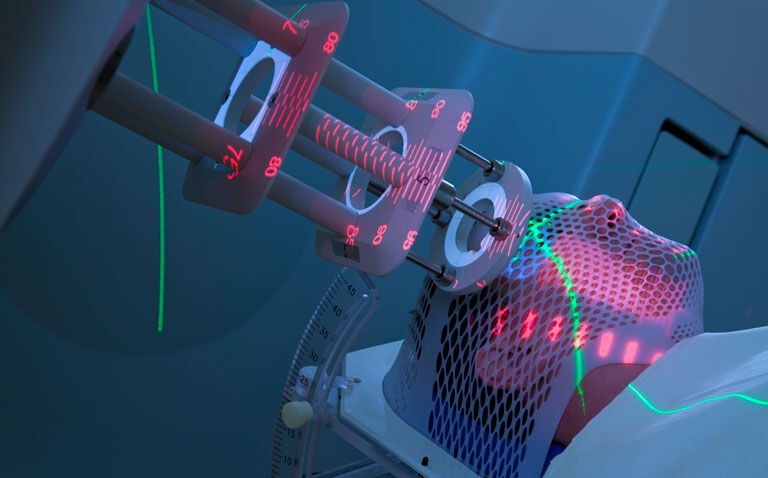Radiotherapy use in patients with cancer has been found to be an independent risk factor for cardiovascular disease mortality
Radiotherapy use in cancer has been found to be associated with an increased risk of death from cardiovascular disease. This was according to the findings of a study by researchers from the Cancer Hospital, Chinese Academy of Medical Sciences and Peking Union Medical College, Beijing, China.
Cardiovascular diseases are responsible for an estimated 17.9 million deaths each year and cardiovascular disease and cancer are the leading causes of premature death across the world.
In the past few years, it has become recognised that there is actually a significant overlap in the risk factors for the development of both cardiovascular disease and cancer, providing opportunities for joint risk factor modification.
Despite the fact that radiotherapy use has become an increasingly integral part of much modern-day cancer therapy, it can increase the risk of cardiovascular events.
For example, in a 2017 meta-analysis that investigated the link between radiotherapy and long-term cardiovascular morbidity and mortality in patients with breast cancer, it was found that exposure of the heart to ionising radiation during radiotherapy increased the subsequent risk of coronary heart disease and cardiac mortality.
Given the potential heightened risk of cardiovascular disease death from radiation use in cancer therapy, the Chinese researchers set out to perform a comprehensive analysis to further examine the nature of this relationship in comparison to the general population.
They used data held within the Surveillance, Epidemiology and End Results (SEER) database and included individuals with a primary solid tumour at six different tumour sites and with a diagnostic data of between 1975 and 2014.
Radiation use and subsequent cardiovascular disease death
The team identified 2,214,944 patients with cancer from the SEER database, of whom 292,102 (13.2%) had died from a cardiovascular disease. A total of 718,979 patients had received radiotherapy and 1, 495,965 were in the ‘no radiotherapy’ group.
Overall, 67,003 (9.3%) of the radiotherapy group had subsequently died from a cardiovascular disease compared to 225,099 (15.1%) in the no radiotherapy group.
Using a standardised mortality ratio (SMR) to compare cardiovascular deaths among those who had cancer, the SMR was increased by 13% (SMR = 1.13, 95% CI 1.13 – 1.14). In other words, there was a higher incidence of cardiovascular disease deaths among those who had cancer compared to the general population.
In the multivariable analysis, radiotherapy use was considered to be an independent risk factor for some, but not all, forms of cancer. For example, lung and bronchus (hazard ratio, HR = 1.09, 95% CI 1.06 – 1.13), cervix uteri (HR = 1.47), corpus uteri (HR = 1.13) and bladder cancer (HR = 1.13).
In contrast, there was no significant association for several others such as stomach (HR = 1.03, 95% CI 0.93 – 1.13) and prostate cancer (HR = 0.99, 95% CI 0.97 – 1.00).
The authors concluded that radiotherapy use in patients with cancer does lead to an overall increased risk of cardiovascular death compared to the general population but that the risk is only significant for the certain cancers.
Nevertheless, they highlighted the importance of cardiovascular care in patients with cancer undergoing radiotherapy.
Citation
Liu E et al. Association Between Radiotherapy and Death From Cardiovascular Disease Among Patients With Cancer: A Large Population‐Based Cohort Study J Am Heart Assoc 2022.










